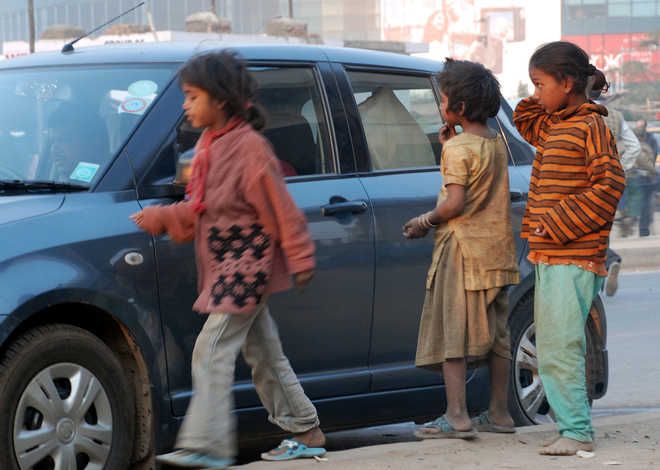The move seeking death penalty for child rapists comes after nationwide outrage over the brutal rape of an eight-year-old girl in Kathua and the alleged rape of a minor in Unnao.
The Union cabinet on Saturday cleared a proposal to award the death penalty for those convicted of raping children below 12 years by amending the existing law.
The government will make the changes to the law through an ordinance as Parliament is not in session.
The move seeking the death penalty for child rapists comes in the backdrop of nationwide outrage over the brutal rape of an eight-year-old girl in Kathua district of Jammu and Kashmir, the alleged rape of a minor in Unnao by a Bharatiya Janata Party (BJP) legislator, and rising anger over a spate of such incidents being reported over the past few weeks.
On Friday, the government also informed the Supreme Court that it is actively considering amending the penal law to introduce the death penalty to those convicted of sexually abusing children up to 12 years of age.
“Because the Parliament is not in session and considering the urgency of the situation, we have decided to bring an ordinance to implement the changes in the Protection of Children from Sexual Offences (POCSO) Act, 2012,” said a senior official in the ministry of Women and Child Development (WCD) on Friday.
Currently, the maximum punishment for aggravated sexual assault on minors under the POCSO Act is life imprisonment. The law came into force in 2012 and deals with sexual offences against those below the age of 18 years. The Indian Penal Code, however, prescribes death penalty for gang rape.
The Rajasthan government recently approved a bill seeking death penalty for those convicted of raping girls under the age of 12 years. Two other BJP-ruled states, Madhya Pradesh and Haryana, have also given the go-ahead for a similar proposal.
According to data from the National Crime Records Bureau, 43.2% of rape cases in India in 2016 involved girls under the age of 18 years. The proportion rose from 32.8% in 2015
Here’s a look at the key features and changes approved by the Cabinet.
Changes in criminal law:
• Minimum punishment in case of rape of women has been increased from rigorous imprisonment of seven years to 10 years, extendable to life imprisonment.
• If the victim is under 16 years, minimum punishment has been increased from 10 years to 20 years, extendable to a life sentence (clarified as imprisonment for the rest of the convict’s natural life).
• The punishment for the gangrape of a girl under 16 years of age will invariably be a life sentence.
• Stringent punishment for the rape of a girl under 12 years — minimum 20 years’ imprisonment or a life sentence or with death.
• In the case of gangrape of a girl below 12 years, the punishment will be a life or death sentence.
Speedy investigation and trial:
• The investigation of all cases of rape has to be mandatorily completed within two months.
• The trial of all rape cases has to be completed in two months.
• Appeals have to be disposed of in six months.
Restrictions on bail:
• No provision for anticipatory bail for a person accused of rape or gangrape of a girl under 16 years.
• The court has to give notice of 15 days to the public prosecutor and the representative of the victim before deciding bail applications in case of rape of a girl under 16 years of age.
The other measures approved by the cabinet:
• New fast-track courts will be set up in consultation with states, Union Territories (UTs) and high courts.
• New posts of public prosecutors and related infrastructure will be created in consultation with states/UTs.
• Special forensic kits for rape cases will be provided to all police stations and hospitals.
• Dedicated manpower will be provided for investigation of rape cases in a time-bound manner.
• Special forensic labs will be set up in each state and Union Territory exclusively for rape cases.
• These measures will form part of a new mission mode project to be launched within three months.
• The National Crime Records Bureau will maintain a national database and profile of sexual offenders.
• This data will be regularly shared with states and UTs for tracking, monitoring and investigation, including verification of antecedents by police.
• The present scheme of One Stop Centres for assistance to victims will be extended to all districts in the country.






